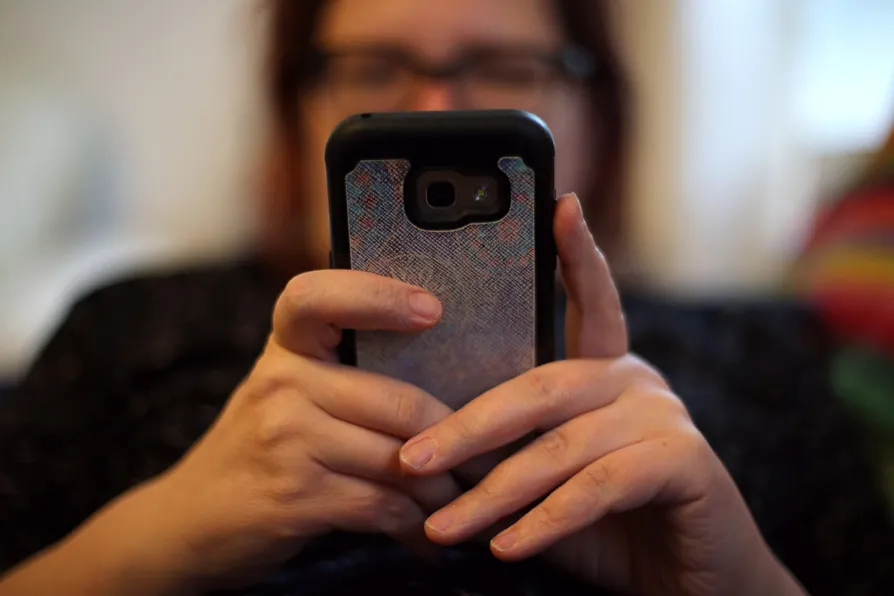
 A woman using her mobile phone
A woman using her mobile phone
WOMEN face “frightening privacy and safety risks” when using period tracker apps, experts warned today as they urged public health bodies to create an alternative.
A report by the University of Cambridge warned that the apps were a “goldmine” for consumer profiling and can collect data on everything from diet, exercise, medication, weight, contraceptive use, sleep habits, and more.
Many women who download the apps do so when they are trying to conceive, which then leads to a drastic shift in shopping behaviour if successful.
“Data on who is pregnant, and who wants to be, has therefore emerged as some of the most sought-after information in digital advertising,” the report said.
It said that the data harnessed from these apps is “not only commercially valuable and shared with an inextricable net if third parties (thereby making intimate user information exploitable for targeted advertising), but it also poses severe security risks for users.”
Report author Dr Stefanie Felsberger said there were “real and frightening privacy and safety risks” to women as a result of the commodification of the data.
Experts warned that if the data ends up in the wrong hands it could lead to health insurance discrimination, as menstrual tracking data can reveal underlying health conditions.
Access by employers could lead to discriminatory hiring decisions, while ex-partners could use the information to cyberstalk.
The report called for public health bodies such as the NHS to launch more trustworthy alternatives, urged for the promotion of stricter regulation, and the introduction of meaningful consent options.
Last month, police were issued invasive guidance instructing them to check menstrual apps when investigating pregnancy loss to help “establish a woman’s knowledge and intention in relation to the pregnancy”










